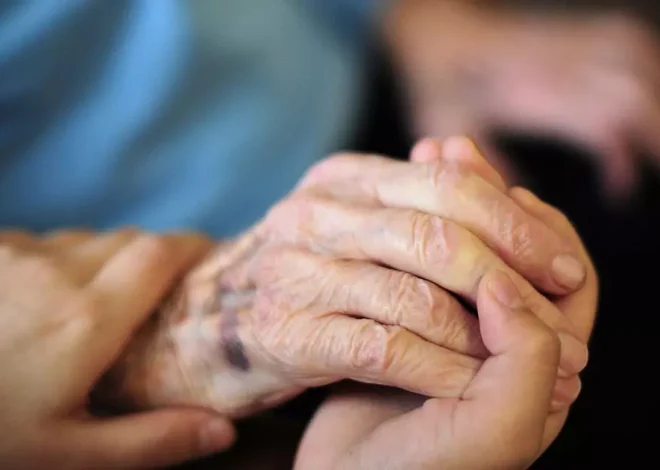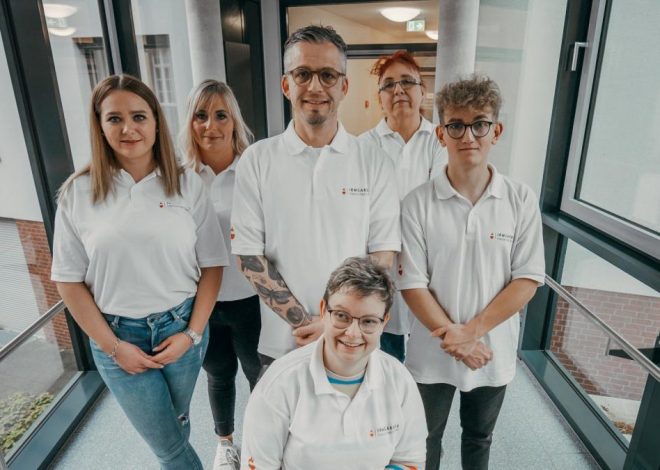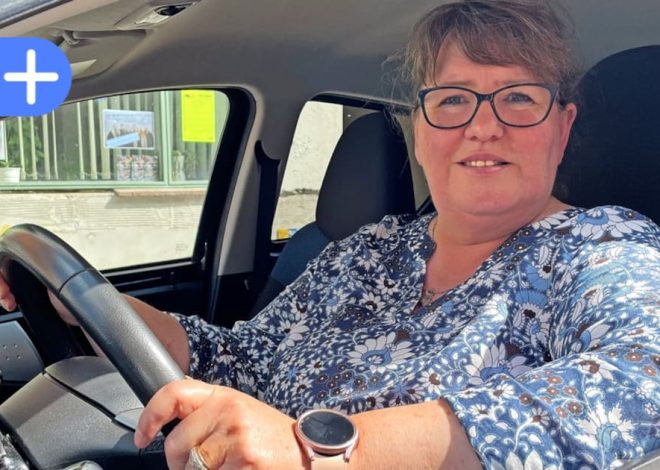
Federal government presents new package of measures for care and support
Expansion of the nursing scholarship – establishment of a competence center for nostrifications – easier access to social care professions
Following the nursing reforms in 2022 and 2023, the federal government today presented another five-point package of measures for nursing and care. In the future, a nursing scholarship will also be available for studying at universities of applied sciences. A competence center will enable faster recognition of foreign qualifications from qualified nursing staff. A 15a agreement will create nationwide standards for social care professions and expand the skills of home helpers. “These measures show how important ongoing improvements are to us for employees, for those in need of care and their relatives,” emphasize Social Affairs Minister Johannes Rauch and ÖVP parliamentary group leader August Wöginger.
The number of older people is growing. This also means that the need for care and nursing and for qualified staff is increasing. In order to ensure high-quality and affordable care for all those in need of care, the federal government has taken a number of measures in recent years – such as salary subsidies for nursing staff, a sixth week of vacation for employees aged 43 and over, a training subsidy of 600 euros and a nursing scholarship for those switching to nursing of at least 1,500 euros per month. Funding for 24-hour care and the family bonus have also been significantly increased. The measures have been secured for the long term in the financial equalization scheme.
The federal government is now presenting a new package of measures. It covers all areas of care and support – from qualified nursing staff to social care professions and 24-hour care to caring relatives. The following are planned:
- Nursing scholarship for career changers also available at universities of applied sciences
- Competence center for faster recognition of foreign professional qualifications
- nationwide standards and expanded competencies for social care professions
- Transparency in the billing of 24-hour care contracts
- Replacement care is also available on a daily basis
“Sick and elderly people and people with disabilities need very different types of support. The range of care and nursing services is therefore very diverse, with a wide variety of professional groups involved. With the new package of measures, we are continuing to improve conditions in all areas. After the two major care reforms, important next steps are now being taken to ensure that our services remain of a high quality.” – Social Minister Johannes Rauch
Measures in detail:
1. Extension of the nursing scholarship to academic training
From September 2024, the nursing scholarship will also be available to those changing careers who are studying health and nursing at a university or technical college. Last year, more than 7,000 people took advantage of the nursing scholarship and were thus financially secure during their training.
The nursing scholarship is intended for people who are switching from an existing job to care and nursing and therefore have to forego their income during their training. The minimum amount this year is over 1,500 euros per month. It was previously possible for training as a nursing assistant, nursing assistant and in social care professions. For diploma training, the scholarship was previously only available at health and nursing schools. After this training ends, trainees at technical colleges will also receive a nursing scholarship in the future. They must meet the existing training guidelines of the AMS. An application can therefore be made at the earliest two years after completing the compulsory training or the Matura.
2. New competence center creates more efficient nostrification procedures
In Austria, the universities of applied sciences are responsible for the nostrification of foreign degrees of qualified health and nursing staff. In order to simplify and speed up the procedures, a competence center for nostrifications is being created. It will be the central contact and service point for applicants, employers and the universities of applied sciences.
The competence center will also support nursing staff if they are required to take supplementary examinations in order to have their qualifications recognized. The funding from the Austrian Integration Fund (ÖIF) for the required courses, examinations or training courses will be increased to up to 2,500 euros. This will make it easier for foreign nursing staff to catch up on examinations. For qualified health and nursing staff, the equivalence of training will also be assessed more holistically in the future and not through a 1:1 comparison of subjects, as skills acquired through professional experience must also be taken into account. This makes the nostrification more practice-oriented and suitable.
The competence center supplements the nostrification database of the Ministry of Social Affairs, which has been online since May and provides sample reports for training courses in all three nursing professions from countries whose citizens most frequently work in Austria.
3. Uniform standards for social care professions
The job description, activities and training for social care professions are being further developed uniformly across the country in a 15a agreement between the federal and state governments. The age limit for all social care professions is being lowered to 18 years. Until now, some young adults had to wait after their training before they were allowed to work as a professional or qualified social worker.
The skills of the home helpers are being expanded. In the future, they will be allowed to administer eye and ear drops or measure blood pressure, for example, and will thus be able to support their clients even better.
The federal states and the federal government have drawn up the agreement together; the next step will be a decision by the National Council.
4. Support for replacement care from day one
Caring for relatives is often extremely demanding, both mentally and physically. In future, caring relatives will therefore receive financial support for replacement care from day one. This means that caring relatives can, for example, “take one day off” per week. Previously, financial support was only available for three consecutive days.
Depending on the level of care, the amount is a maximum of 1,200 to 2,500 euros per year. A maximum of four weeks per calendar year can be subsidized. In addition, the group of recipients is expanded to include life partners, foster parents, and aunts and uncles. This means that far more people can take advantage of substitute care. In 2023, subsidies for substitute care were granted around 10,500 times, and in the first quarter of 2024, over 3,000 applications were already approved.
5. More transparency in personal care
In Austria, the care of people in need in private households is carried out almost exclusively by self-employed 24-hour carers. Around 34,000 personal carers are active throughout Austria as part of the 24-hour support model. Most of them are placed by agencies, which each conclude a contract with the person being cared for and their carer.
A new regulation requires placement agencies to be more transparent. In future, they will have to provide a cost sheet when they first make contact and in their advertising materials. The price of the placement activity, the services provided by the placement agency, including the costs incurred, the total costs and the payment terms must be stated. It is also mandatory to state whether the placement agency offers a debt collection authorization for the personal carer. In future, the agreement for a debt collection authorization must be recorded in writing and can be terminated at any time.
In the area of 24-hour care, an additional focus is to be placed on digital or online training. To this end, Gesundheit Österreich GmbH will be publishing videos on the information pages pflege.gv.at and gesundheit.gv.at in the coming days and weeks. These videos are intended to provide short and concise information on various topics, such as help with loss of consciousness, basic principles of mobilization, support after a fall, or nutrition and hygiene. The multilingual videos can increase the quality of 24-hour care, and family caregivers also benefit from the content.

Ethel Purdy – Medical Blogger & Pharmacist
Bridging the world of wellness and science, Ethel Purdy is a professional voice in healthcare with a passion for sharing knowledge. At 36, she stands at the confluence of medical expertise and the written word, holding a pharmacy degree acquired under the rigorous education systems of Germany and Estonia.
Her pursuit of medicine was fueled by a desire to understand the intricacies of human health and to contribute to the community’s understanding of it. Transitioning seamlessly into the realm of blogging, Ethel has found a platform to demystify complex medical concepts for the everyday reader.
Ethel’s commitment to the world of medicine extends beyond her professional life into a personal commitment to health and wellness. Her hobbies reflect this dedication, often involving research on the latest medical advances, participating in wellness communities, and exploring the vast and varied dimensions of health.
Join Ethel as she distills her pharmaceutical knowledge into accessible wisdom, fostering an environment where science meets lifestyle and everyone is invited to learn. Whether you’re looking for insights into the latest health trends or trustworthy medical advice, Ethel’s blog is your gateway to the nexus of healthcare and daily living.



